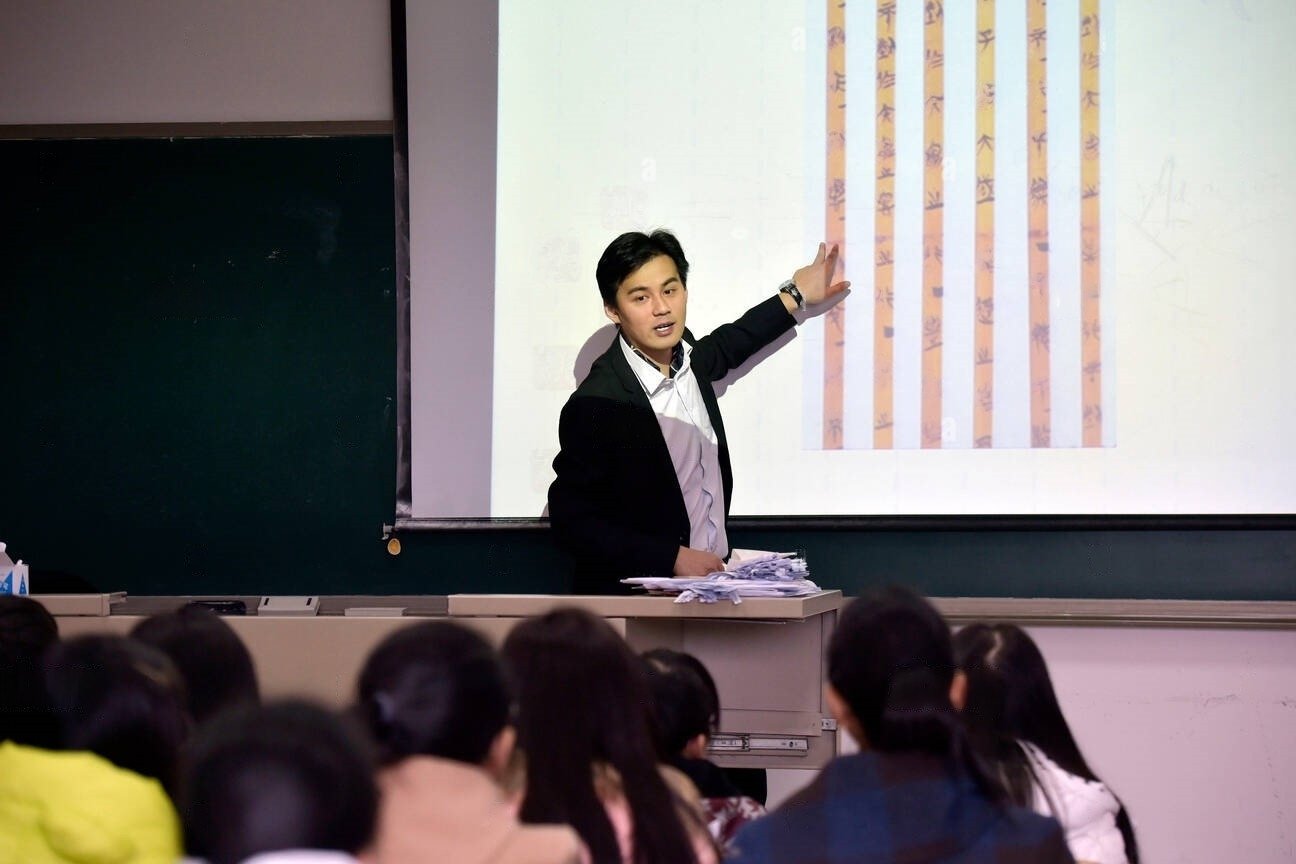FINLAND - Known for its world-class education system, the country currently has around 1,400 unemployed PhDs, two-thirds of whom are long-term unemployed.
Finland has a large number of postdoctoral researchers struggling to find employment in an increasingly competitive job market. Currently, there are approximately 1,400 unemployed PhDs, two-thirds of whom are long-term unemployed.
According to the Finnish National Education Agency, those with PhDs in fields such as humanities, arts, natural sciences , and engineering are particularly likely to be unemployed within a year of graduation.
Although doctoral programs are designed to train researchers, only one-third of graduates find employment at universities. The next largest employers are companies and local governments, according to Yle News .
Suvi Liikkanen, Director of Career Services at the Loimu Federation of Experts in Environmental, Natural and Forestry Sciences in Finland, argues that employers should better utilize the expertise of postdoctoral researchers.

According to Liikanen, the problem is that companies often overlook the broad and versatile skills of PhDs, while these individuals sometimes don't know how to effectively showcase their abilities.
Companies often seek expertise in project management and leadership—skills not explicitly taught in doctoral programs. Conversely, many PhDs aspire to contribute to their field of study and are not interested in other jobs.
Ineffective employment support services
According to a recent study by the Labour Economics Research Institute (Labore), many unemployed PhDs feel inadequately supported by employment services. The study surveyed 700 long-term unemployed PhDs.
According to Labore researcher Anna Idström, interviews revealed that employment services lack the expertise to help PhDs secure their desired jobs.
Many people are increasingly frustrated when this service often suggests jobs that are below their educational qualifications. For example, a PhD holder with substantial funding might be offered a job as a park assistant cleaning up waste. A PhD holder with an immigration background might be guided to attend an integration course, while a former professor might be offered a job as a janitor at a theater.
Researcher Idström found that transferring employment services to cities and local regions at the beginning of the year could be a potential opportunity. Unemployment among PhDs is particularly high in the Helsinki metropolitan area and major cities and universities, where better support services can be provided specifically for those with higher educational qualifications.
According to Idström, some PhD holders face discrimination when applying for jobs in the private sector and have to conceal their PhDs in order to find employment.
Are there too many PhDs in Finland?
Faced with high unemployment among highly qualified individuals, trade unions are proposing limits on the number of PhDs, while experts question whether Finland is producing too many PhDs when universities do not have plans to employ all of them.
Meanwhile, Prime Minister Petteri Orpo's government aims to increase the number of postdoctoral researchers and specialists in the workforce. In February, the Finnish Ministry of Education and Culture announced it would allocate €255 million to universities between 2024 and 2027 to test new methods in education and train 1,000 new PhDs.
"We're not just training PhDs to work in universities. The goal is to increase the number of people with PhDs working in the private sector, for businesses. Other European countries are making better use of the expertise of their PhD holders. We are falling behind and wasting potential," said Minister of Science and Culture Sari Multala.
Loimu Career Services Director, Ms. Liikanen, believes the government's goals are contradictory, although she understands that innovation only succeeds with a high level of expertise.
"Higher degrees in Finland are still highly valued, and everyone is encouraged to learn as much as possible. But the reality is that after pursuing a long academic path, it can be difficult to find a suitable job," Liikkanen said.
However, overall, the unemployment rate for PhD holders is lower than for those with other educational qualifications.
"Although this issue isn't a huge problem in terms of numbers, it's a great tragedy for individuals who feel unable to find a place in the labor market," Liikkanen stated.
Unemployed PhD shares his story.
A prime example of unemployed PhDs is Elina Ahokanas. She received her PhD in geography, focusing on groundwater resources, from the University of Turku in 2019. She has been unemployed for a year now.

Ahokanas completed her postdoctoral research at the university for four years. A year ago, she finished a five-month temporary position as a groundwater specialist on a project at the regional economic development agency.
Ahokanas applied for research funding, grants, and jobs in both the private and public sectors, but without success. Changing careers or learning new skills was not easy for her.
"It would be really stressful if I couldn't find a job with these qualifications," she shared.
Ahokanas still hopes to find work this year and has considered options such as consulting on groundwater resource issues or organizing training and teaching courses.

Source: https://vietnamnet.vn/nhieu-tien-si-that-nghiep-o-dat-nuoc-co-nen-giao-duc-top-dau-the-gioi-2362867.html




![[Photo] Closing Ceremony of the 10th Session of the 15th National Assembly](/_next/image?url=https%3A%2F%2Fvphoto.vietnam.vn%2Fthumb%2F1200x675%2Fvietnam%2Fresource%2FIMAGE%2F2025%2F12%2F11%2F1765448959967_image-1437-jpg.webp&w=3840&q=75)


![[Photo] Prime Minister Pham Minh Chinh holds a phone call with the CEO of Russia's Rosatom Corporation.](/_next/image?url=https%3A%2F%2Fvphoto.vietnam.vn%2Fthumb%2F1200x675%2Fvietnam%2Fresource%2FIMAGE%2F2025%2F12%2F11%2F1765464552365_dsc-5295-jpg.webp&w=3840&q=75)











































![[OFFICIAL] MISA GROUP ANNOUNCES ITS PIONEERING BRAND POSITIONING IN BUILDING AGENTIC AI FOR BUSINESSES, HOUSEHOLDS, AND THE GOVERNMENT](https://vphoto.vietnam.vn/thumb/402x226/vietnam/resource/IMAGE/2025/12/11/1765444754256_agentic-ai_postfb-scaled.png)




















































Comment (0)